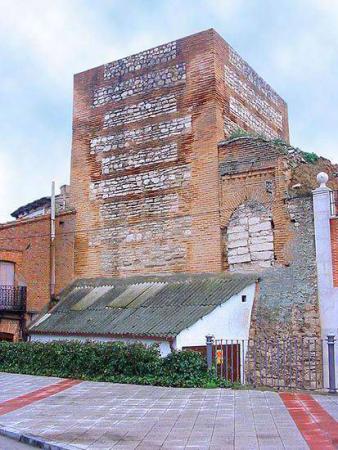What to see?
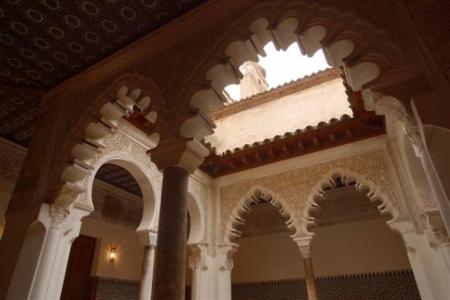
Royal Monastery of Santa Clara share
Old palace built by Alfonso XI in the XIVth century that was turned into a convent later by wish of Pedro I. It is considered to be one of the best examples of Mudejar art in Castile and Leon.
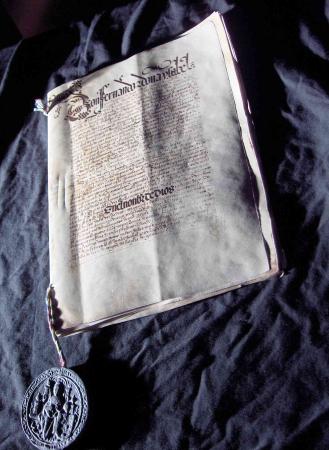
Museum of the Treaty of Tordesillas share
The museum is situated at the Treaty House, one of the noblest buildings existing in Tordesillas during the XV Century.
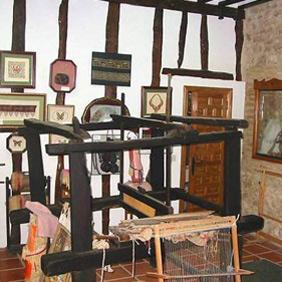
Museum and Didactic Center of Lace in Castile and Leon share
It is placed inside a large house that dates back to the XVIIth century.
San Antolín Church-Museum share
It is placed in the church that has the same name. From 1969 on, it is allocated to a museum.
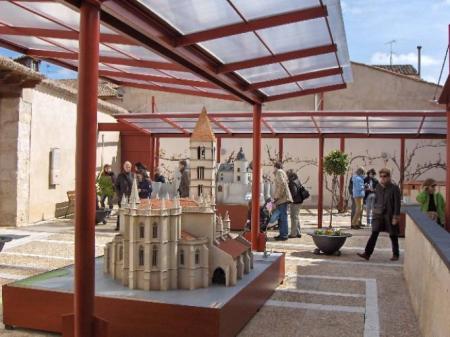
Permanent Exposition of Models 'Big Miniatures' share
The exhibition gives the opportunity to gaze at the buildings' architectural details minutely
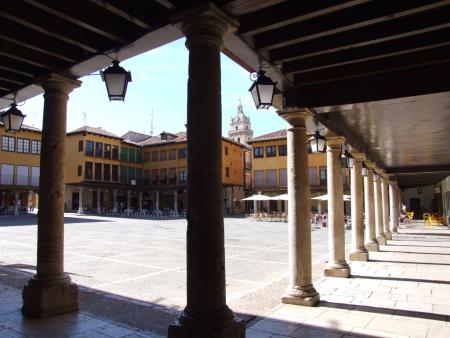
Main Square share
The Main Square is the central area that has brought together the local community for its public activities throughout the course of history: markets and medieval games, bullfighting festivities and comedies.
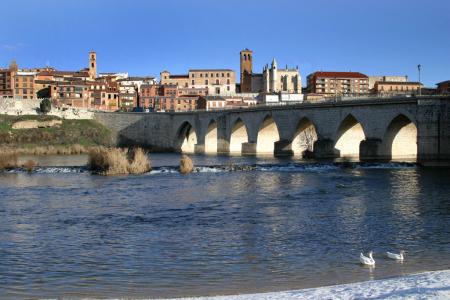
The Bridge share
On the origin of the current bridge there is no reference at all, neither dates, nor authors. The lancet arches indicate that it has medieval origin. It is a great ashlar work and has ten spans. Between the arches, it has triangular ground plan cutwaters.
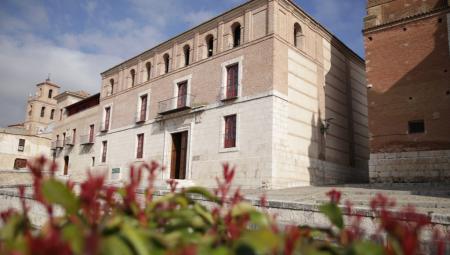
Treaty Houses share
They are two jointed palaces where tradition locates negotiations between Castile and Portugal that ended with the Tordesillas Treaty's signature on June 7, 1494.
St. Peter's Church share
It is built in ashlar work stone at the end of the XVIth century and Gothic style.
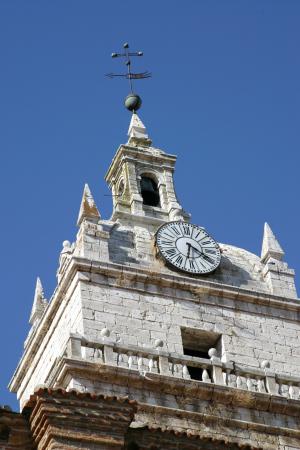
St. Mary's Church share
St. Mary's Church has been declared to be of Cultural Interest on December 7, 1983.
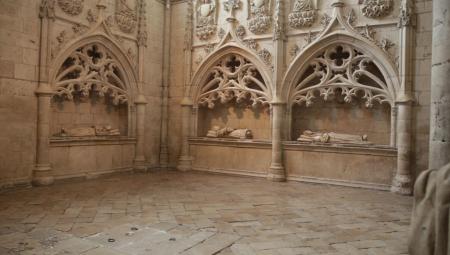
Royal Monastery of Santa Clara share
The building was declared of Cultural Interest on June 3, 1931.
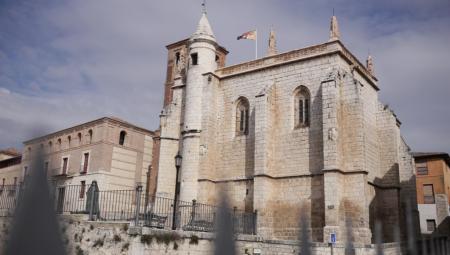
Church Museum of Saint Antolín share
San Antolín Church Museum was declared of Cultural Interest on April 30, 1998.
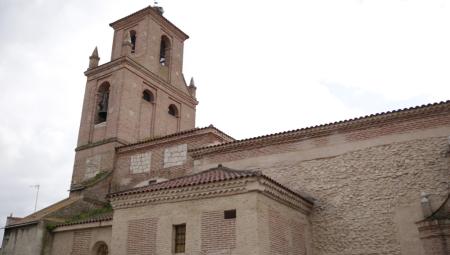
St. John's Church share
It is built using a mixed technique: masonry, stonework, brick work and mud wall.
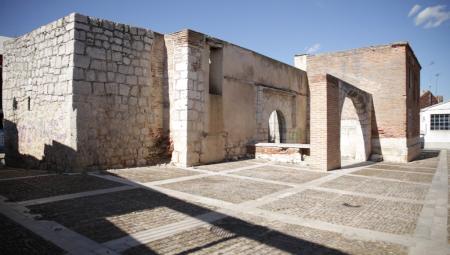
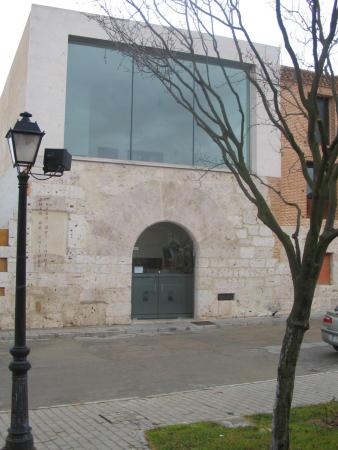
Church of Saint Francis share
The order comes to Tordesillas in 1603 by order of Philip III. At first, they occupy the Alderete's house until 1612. At that time, they live in the place where the current convent is.
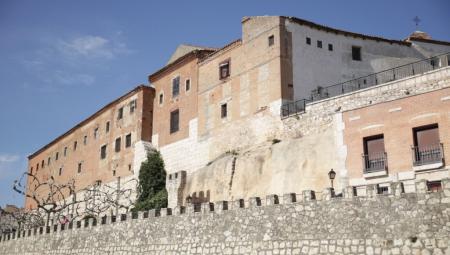
Convent of the Carmel share
It originates in a group of members of a religious order who gathered round a hermit woman from Tordesillas whose name was Isabel García, nicknamed as "the confined". They are given a plot near San Juan Church so that the convent was built during John II reign.
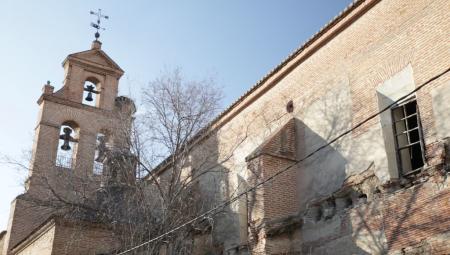
Mater Dei Hospital share
The Infanta Doña Beatriz, who was King Dionís' de Portugal daughter, founded it in 1467. She was buried there in 1470.
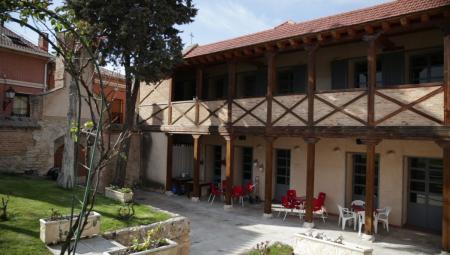
Pilgrims Hospital share
D. Juan González, the village's archpriest ordered to found it. He made his will in 1499 and left his inheritance to the Immaculate Mary chapel in Santa María Church.
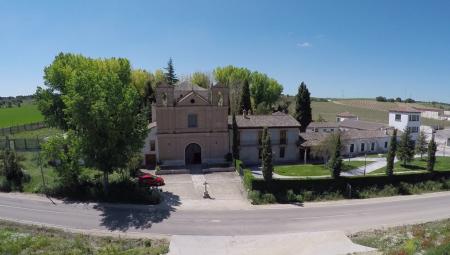
Sanctuary of 'Nuestra Señora de la Peña' share
It is distant from the village, on the left bank of the Duero River. The current church, which dates back to the XVIIth century, replaced the previous one
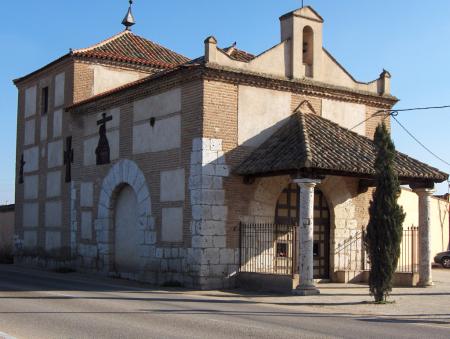
Hermitage of Sorrows share
Although it is a building which belongs to the XVIth century, the current aspect is due to alterations undergone in the XVIIIth century.
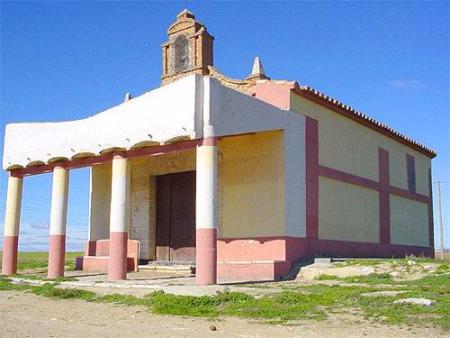
Hermitage of St. Vincent share
It is placed on the right bank of Duero river, on the track that leads to Torrecilla de la Abadesa. A great view can be contemplated from there.

Hermitage of St. Marina share
It is placed on the opposite side of the Hermitage of Saint Vincent. It is upon a rise in the ground but on the right bank of the Duero river also. It was the Clergymen Old Brotherhood See.
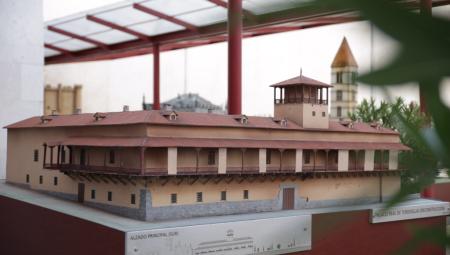
Royal Palace share
Lost. The Royal Palace was one of the most important buildings in Tordesillas. Two noteworthy aspects to take into account: it was the temporary headquarters of Castilian Monarchies mobile Courts and that was the place where Queen Joanna I of Castile lived for 46 years.
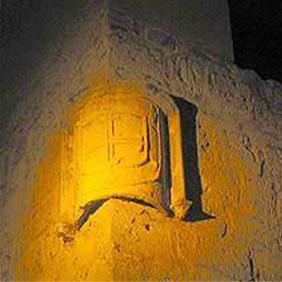
Houses and Palaces share
Se encuentran situadas a los largo de las cuatro calles que parten de la Plaza Mayor, y la mayoría datan del siglo XVI, momento de mayor auge de la villa.


